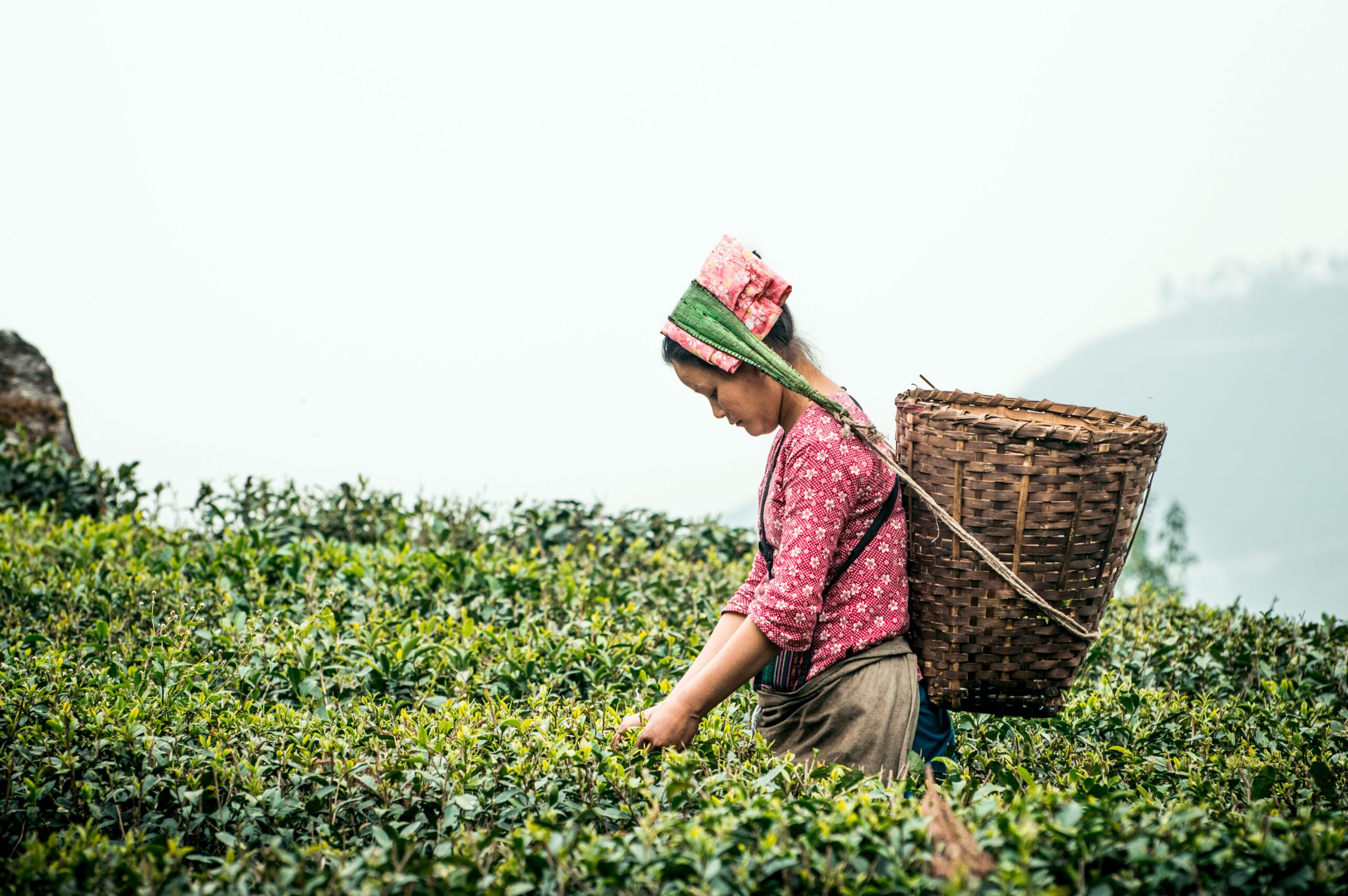Tea holds a significant place in India’s history, culture, and economy. With a rich heritage dating back centuries, India has consistently maintained its position as a global player in the tea-exporting industry. This blog explores the factors that have contributed to India’s continued success and prominence in the global tea market. From favorable geographic conditions to a diverse range of tea varieties and a robust export infrastructure, India’s journey as a tea-exporting powerhouse is a testament to its enduring legacy.
Let us come together and think of a way to make India a global exporter
— Shri Narendra Modi
India’s diverse topography and favorable climatic conditions make it an ideal region for tea cultivation. From the rolling hills of Darjeeling and the misty landscapes of Assam to the serene Nilgiri mountains, each tea-growing region in India offers unique flavors and characteristics. This geographic advantage, coupled with the perfect combination of rainfall, temperature, and altitude, provides the optimal conditions for tea cultivation and contributes to the high quality and distinctiveness of Indian teas.

India is known for its exceptional variety of teas. From the world-renowned Darjeeling tea, often referred to as the “Champagne of Teas,” to the robust and malty Assam tea, and the aromatic and fragrant Nilgiri tea, India offers a diverse range of flavors to suit every palate. This wide variety allows Indian tea exporters to cater to different market preferences and ensure a steady demand for their products across the globe.
India has developed a robust and efficient infrastructure to support its tea industry and facilitate export operations. The country boasts well-established auction centers, tea processing facilities, and packaging units that adhere to international standards. This infrastructure ensures the timely and efficient processing, packaging, and transportation of tea, enabling India to meet the demands of global markets with ease.

India places a strong emphasis on maintaining the quality and authenticity of its teas. Several tea-producing regions in India have achieved Geographical Indication (GI) status, which certifies the origin and unique characteristics of teas from specific areas. This recognition adds value and credibility to Indian teas, establishing them as premium products in the global market. Additionally, adherence to international food safety standards and certifications, such as ISO and HACCP, further enhances the trust and reliability associated with Indian tea exports.
India’s tea exports have established a strong global presence, reaching numerous countries across continents. The country’s tea trade associations and promotional efforts have played a vital role in expanding market reach and raising awareness about Indian teas. Participating in international trade fairs, conducting buyer-seller meets, and engaging in strategic marketing campaigns have helped India foster strong trade relations and secure its position as a trusted tea supplier worldwide.
India’s journey as a global player in tea-exporting is a culmination of favorable geographic conditions, a rich variety of teas, a robust export infrastructure, and a relentless focus on quality. With a legacy deeply rooted in tea cultivation and production, India continues to captivate the world with its exceptional teas. As the country leverages its strengths and explores new market opportunities, it is poised to maintain its position as a dominant force in the global tea industry, shaping the future of tea exports.
Business Unit HeadTapan’s Tea Co.



Great analysis!